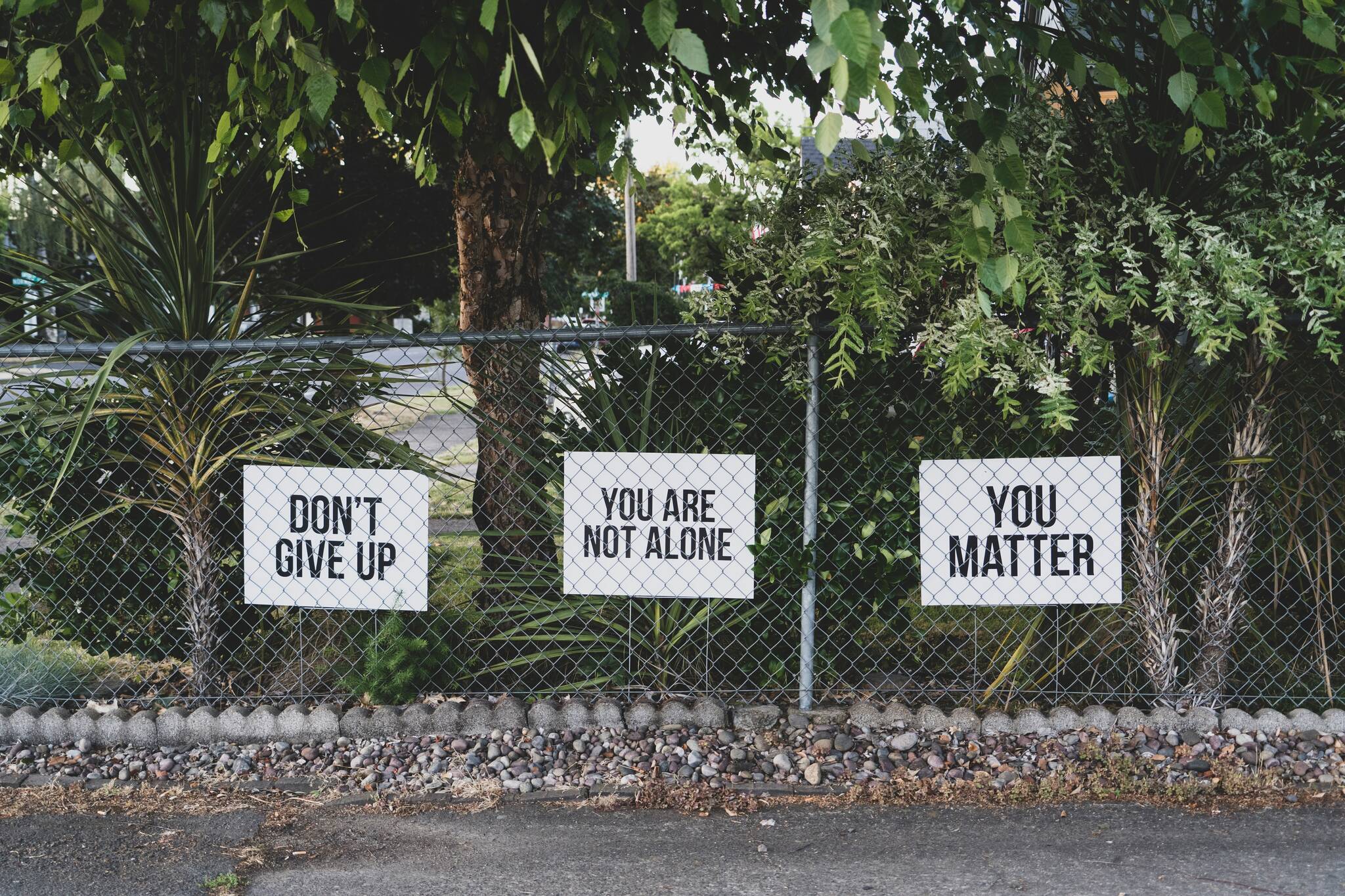Editor’s note: This article includes references to suicide, the National Suicide Prevention Lifeline is available 24/7 at 800-273-8255 .
In a world where the stigma that surrounds mental illness leads many to suffer in silence, now more than ever we must learn to normalize conversations about mental health.
On a typical cloudy Juneau afternoon, I sat down with a longtime family friend, Melissa McCormick. We met up intending to have a conversation that bore an emotional weight much more substantial than other times we had sat on her couch chatting.
The origin of this article stems from the fact that people who have been through it, people like Melissa, want to help. In an unfortunate way, the lived experience of losing someone to suicide may be the only way to understand the heavy handful of emotions tied up in the time leading up to suicide and the aftermath.
In 2017, the McCormicks lost their son and brother, Speier, to suicide. He had struggled with his mental health since he was 14, experiencing highs and lows along the way. Melissa describes him as having the heart to help. During his better times, he worked as a behavioral health technician and served as a peer support specialist to help others like him. Melissa found that those who tend to struggle recognize the same signs in others and have a genuine desire to help.
During Speier’s harder times, he felt the stigma of mental illness projected onto him by his peers and an endless cycle of prescriptions that failed to provide relief with longevity. Unfortunately, this only made him feel more alone.
Looking back, there were things the McCormicks wished they better understood at the time. They quickly came to realize the lack of mental health education they had and found themselves with a million unanswered questions. Most of us are overwhelmingly less informed than we think, and the education surrounding mental health is more applicable to each of us than we would like to believe.“People can be clueless, I know I was going into it. I had no idea what you were supposed to do, no idea what meds I should advocate for, no idea where to seek treatment, and how to afford it.” Melissa said.
According to John Hopkins School of Medicinel, An estimated one in four Americans have a diagnosable mental health concern each year. Given this, we all know someone who struggles, and we can all do a better job supporting them. The McCormicks wished they could’ve had more resources to support Speier, and because of this, Melissa now works tirelessly to provide herself and her organization, Find Your Fire, as a resource to others.
Suicide and mental health are never easy topics of conversation, but the less we talk about them the greater the stigma around them grows. We have to ask ourselves why we are so uncomfortable talking about it when managing our mental health is part of life. This is especially relevant living in Alaska, where the weather and daylight can be straining to our well-being. We must also address where the foundation of struggle is coming from, because the rain alone doesn’t cause depression. Melissa explained that when Speier was struggling he had to seek treatment in Arizona. She wondered if the sun would help him heal, but in the end she said, “it doesn’t matter where you are or what the weather is, if you’re struggling, you’re struggling.” When you are, you need to find a way to restore hope, because, without it, it is easy to get lost. When you find yourself or someone you love to be struggling, reach out to people who are knowledgeable about mental health. Oftentimes, They understand because they have been through it too and they want to help you so you don’t have to do it alone.
All in all, we want you to know that you are not alone. Whether you support someone with mental health concerns or feel like you have no one to support you, you are not alone. You play an integral role in our world. Anything and everything that you contribute is important; it could be as smiling at a stranger on their worst day. You matter and you are worthy of love.
• Kiana Potter works for NAMI Juneau / Juneau Suicide Prevention Coalition. This piece was written in collaboration with Melissa McCormick, founder of Juneau-based nonprofit Find Your Fire.Columns, My Turns and Letters to the Editor represent the view of the author, not the view of the Juneau Empire. Have something to say? Here’s how to submit a My Turn or letter.

